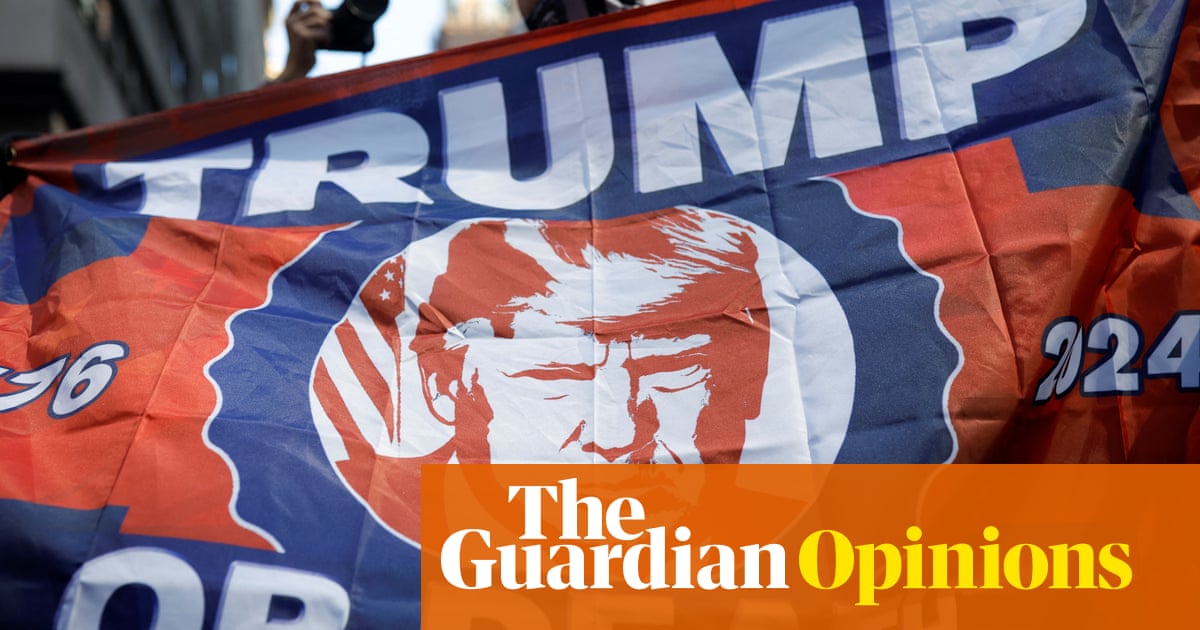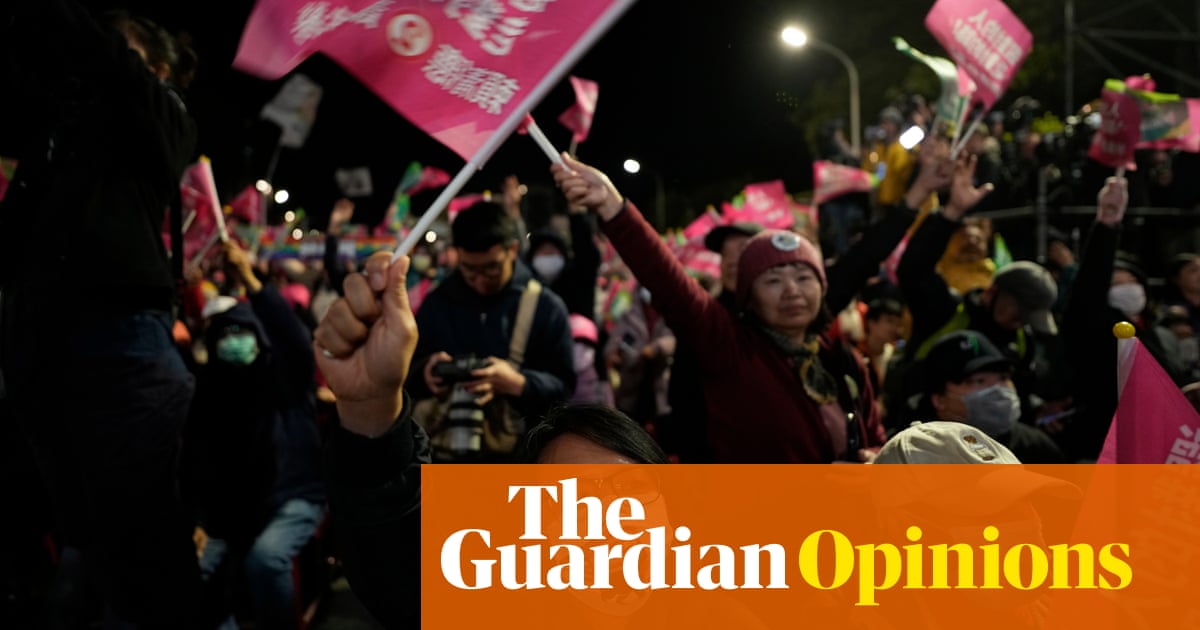
Trump’s prosecution is a triumph. Not a shame. Not a tragedy. A triumph — one of the great events in American presidential history. The public and the pundits might disagree by the end of Trump’s trial in Manhattan — perhaps the first of a few — but the significance of what district attorney Alvin Bragg has managed to do will be wholly unsullied, in substance, by the outcome of his case.
One of the major questions in American political and legal thought has been whether presidents may be allowed to commit crimes. As it stands, the position of the Justice Department is that they may — for half a century, it has held that a president cannot face criminal prosecution while in office. And while there’s not even a theoretical bar to prosecuting a president once they leave office, no one had ever tried it, leaving the question of whether criminal laws functionally apply to presidents at all, as a practical matter, a matter of speculation.
Here Alvin Bragg has bravely taken a stand: a person may, in fact, be indicted for a crime even if they were once president— just as though they were an ordinary person to whom laws applied. This is tremendous news. No rifts have opened in the time-space continuum. Frogs, locusts, and lice have yet to descend upon Manhattan. For the time being, it appears that a prosecutor really may attempt to hold a president — or at least a former president — accountable for a suspected crime without reality collapsing in on itself. What’s more, Bragg’s indictment amounts to an insistence that a former president may be indicted even for a relatively low-level crime like falsifying documents — just like any other white collar criminal.
To be sure, as many observers have already written, Bragg may have his work cut out for him. His case against Trump is a multi-part argument that hinges on the idea that Trump concealed hush money payments to abet violations of another law. It has troubled many that Bragg may lose this case. And this is true. Sometimes prosecutors lose cases.
But it would be wrong to suppose on that basis, as some have, that prosecutors who believe presidents have committed crimes have a responsibility to behave like political strategists: to bear public opinion and the expectations of the press in mind by only bringing forth the simplest, most straightforward cases and pursuing only the largest, most eye-popping crimes while letting other offenses slide.
They’ve no obligation to calibrate the content and timing of their cases to maximize the possibility of success in other wholly unrelated cases in other jurisdictions; the feelings of a defendant’s fans and supporters should be of no account whatsoever. This is what it means, to use a phrase Trump himself has long been fond of, to be a nation of laws. It is especially ridiculous, on the latter point, to suppose that there’s a prosecutorial approach Bragg or anyone else might have taken that would have quelled the rage of a political constituency that is now fully beyond reason and respect for the law. Predictably, Bragg has drawn both explicit threats and implicit comparisons to Pontius Pilate this holy week; Trump, per Marjorie Taylor Greene, now sits next to Christ himself among historical figures “persecuted by radical, corrupt governments.”
On Thursday, Trump’s chief rival for the Republican presidential nomination, Florida governor Ron DeSantis — St Peter? — reiterated that he would refuse to cooperate with an extradition request from New York in the event that Trump refused to surrender on his own. Things didn’t come to that, but the pundits aren’t wrong to predict that a lot of chaos and drama will come our way in the coming months. And that’s especially frightful to all those who’ve come to believe political polarization and the heightening of partisan tensions are the central problems of our time — a notion that’s spurred commentary suggesting America might be too divided to bear Trump’s prosecution. To wit, a report from The New York Times Thursday speculated that this and Trump’s other potential indictments might “shake the timbers of the republic” or “tear the country apart.”
But what would it mean, actually, to “tear the country apart?” We’ve seen and survived civil war. We’ve seen cities razed and presidents killed. Social unrest, economic collapse — these are cornerstones of the American experience. A public health crisis has taken the lives of more than one million people in this country over the last three years. The reactions to Trump’s prosecution will remain loud and ludicrous. They may well turn violent — we can put nothing safely beyond a party that rallies easily to the defense of a man who attempted a coup and roused a mob into an attack on the Capitol.
But there is something rather pathetic about the idea that a president’s trial might be among the greatest trials our nation has faced. Nothing that’s coming will break us. Our republic, for all its many faults, is made of stronger stuff than that. We will be tested, yes. But let’s take a moment, too, to recognize that Bragg has already passed a critical test on our behalf.
Osita Nwanevu is a Guardian US columnist












